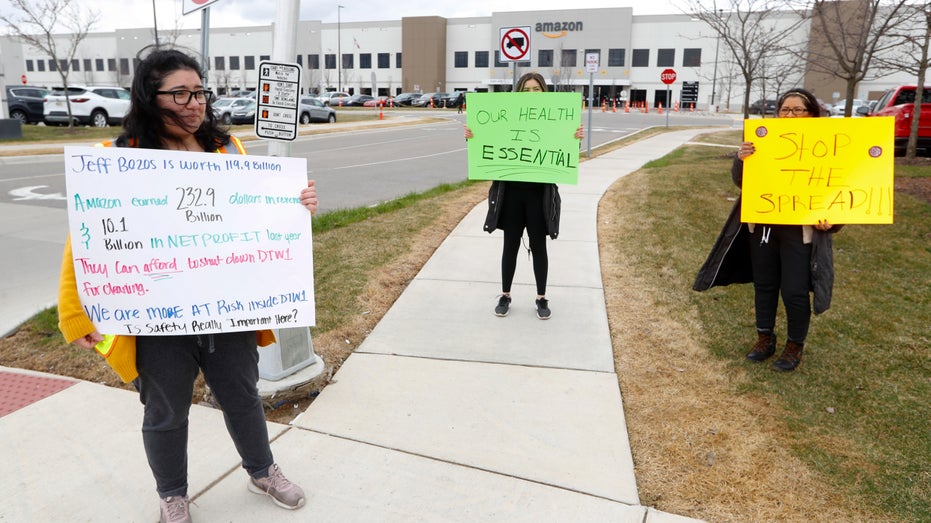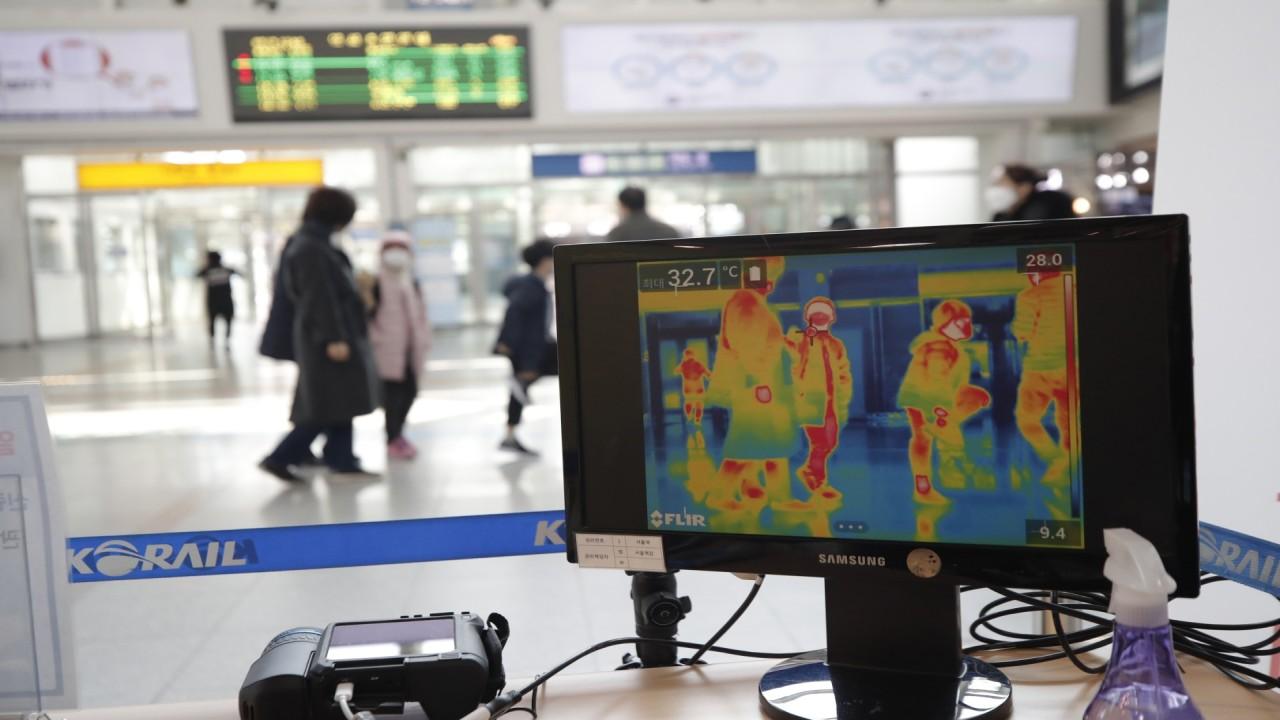France upholds ruling limiting Amazon deliveries during COVID-19 crisis
Amazon must limit deliveries in France to IT products, health items, food and pet food, the court ruled
PARIS -- A French court on Friday rejected U.S. online retailer Amazon’s appeal against a ruling that restricts what it can deliver during the coronavirus crisis.
| Ticker | Security | Last | Change | Change % |
|---|---|---|---|---|
| AMZN | AMAZON.COM INC. | 210.32 | -12.37 | -5.55% |
Amazon must limit deliveries in France to IT products, health items, food and pet food, the Court of Appeal in Versailles said, adding that for every delivery not meeting this requirement, Amazon would face a 100,000-euro ($108,020) penalty.
AMAZON SAID IT DOESN'T USE SELLERS' DATA AFTER WALL STREET JOURNAL STORY
Confirming the initial ruling, the court said the restrictions must be put in place while Amazon evaluates and improves its health measures to prevent the 10,000 people it employs at six warehouses to catch the COVID-19 disease.

Amazon warehouse worker (Photo: Associated Press)
“We’ll evaluate the consequences of this decision for our business, our employees, our customers in France, and the many small and medium-sized companies that rely on Amazon to grow their business,” the group’s French subsidiary said in a written statement.
CORONAVIRUS PUSHES JEFF BEZOS TO TAKE BACK THE WHEEL AT AMAZON: REPORT
The subsidiary closed its warehouses in the country on April 16. It extended their closure twice and said they would be shut until April 25 inclusive.
The world’s largest online retailer is facing mounting scrutiny as it juggles a surge in online orders during government lockdowns worldwide to curb the pandemic and employees’ safety, and France has become a major battleground.

Breana Avelar, left, a processing assistant and family members, hold signs outside the Amazon DTW1 fulfillment center in Romulus, Mich., Wednesday, April 1, 2020. (AP Photo/Paul Sancya)
The legal battle in France highlighted how companies may struggle to keep going while protecting their workers, just as firms across Europe need to figure out how to let staff safely return to offices and factories once restrictions are lifted.
GET FOX BUSINESS ON THE GO BY CLICKING HERE
The spat has also accentuated losses for some French businesses that were still managing to sell and ship through Amazon, in spite of a furore over whether some goods are really essential.




















